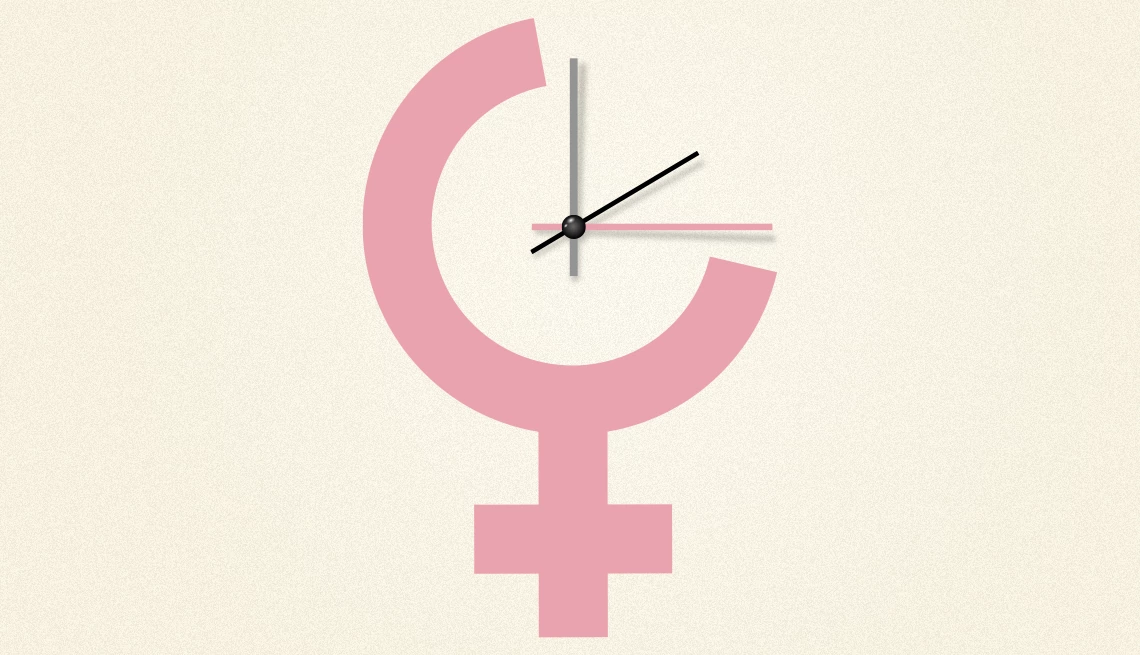AARP Hearing Center


The impact of menopause on women has long received less study and funding than other health issues, but new federal legislation seeks to call attention to the hot flashes, mood swings and other symptoms that many experience in midlife.
AARP endorsed a bipartisan bill promoting better understanding and treatment of menopause. The Advancing Menopause Care and Mid-Life Women’s Health Act would invest $275 million over five years in federal research, health care workforce training, education efforts and public health promotion to improve menopause care.
The legislation would establish a Center of Excellence to lead the campaign and require the Department of Health and Human Services to report to Congress on its findings and results.
In a letter, AARP praised the efforts of the six female senators who introduced the bill “to address the stigma and lack of information associated with menopause.”
Learn How AARP is Fighting for You
AARP is your fierce defender on the issues that matter to people 50-plus. Read more about how we fight for you every day in Congress and across the country.
“Your legislation will help more women talk to their health providers about menopause and ensure that they don’t have to ‘power through’ their symptoms when support could have been available,” wrote Bill Sweeney, AARP’s senior vice president for government affairs.
Seeking recognition and relief
Some 75 million women in the U.S. are in perimenopause, menopause or postmenopause, yet 3 in 4 women who seek medical care for their symptoms are left untreated, according to the national nonprofit Let’s Talk Menopause. That’s perhaps because 4 out of 5 ob-gyn residents admit being ill-prepared to discuss this life stage with patients, Let’s Talk Menopause reported. A 2023 study published in Menopause, the journal of the North American Menopause Society, found that less than a third of ob-gyns took a menopause curriculum as part of their training programs.
“There is a dearth of federally funded clinical trials on menopause and menopausal hormone therapy and very little menopause education for doctors,” wrote the cosponsors of the bill — Patty Murray (D-Wash.), Lisa Murkowski (R-Alaska), Tammy Baldwin (D-Wis.), Susan Collins (R-Maine), Amy Klobuchar (D-Minn.) and Shelley Moore Capito (R-W.Va.) — in a statement.































































More From AARP
FDA Approves New Treatment for Hot Flashes
The pill expands options for people going through menopauseHow to Sleep Better During Perimenopause
The author of the new book ‘Hot and Bothered’ found ways to calm her restless nights
Expert Advice to Help Symptoms of Menopause
Gynecologist and menopause guru Jen Gunter gives tips
Recommended for You